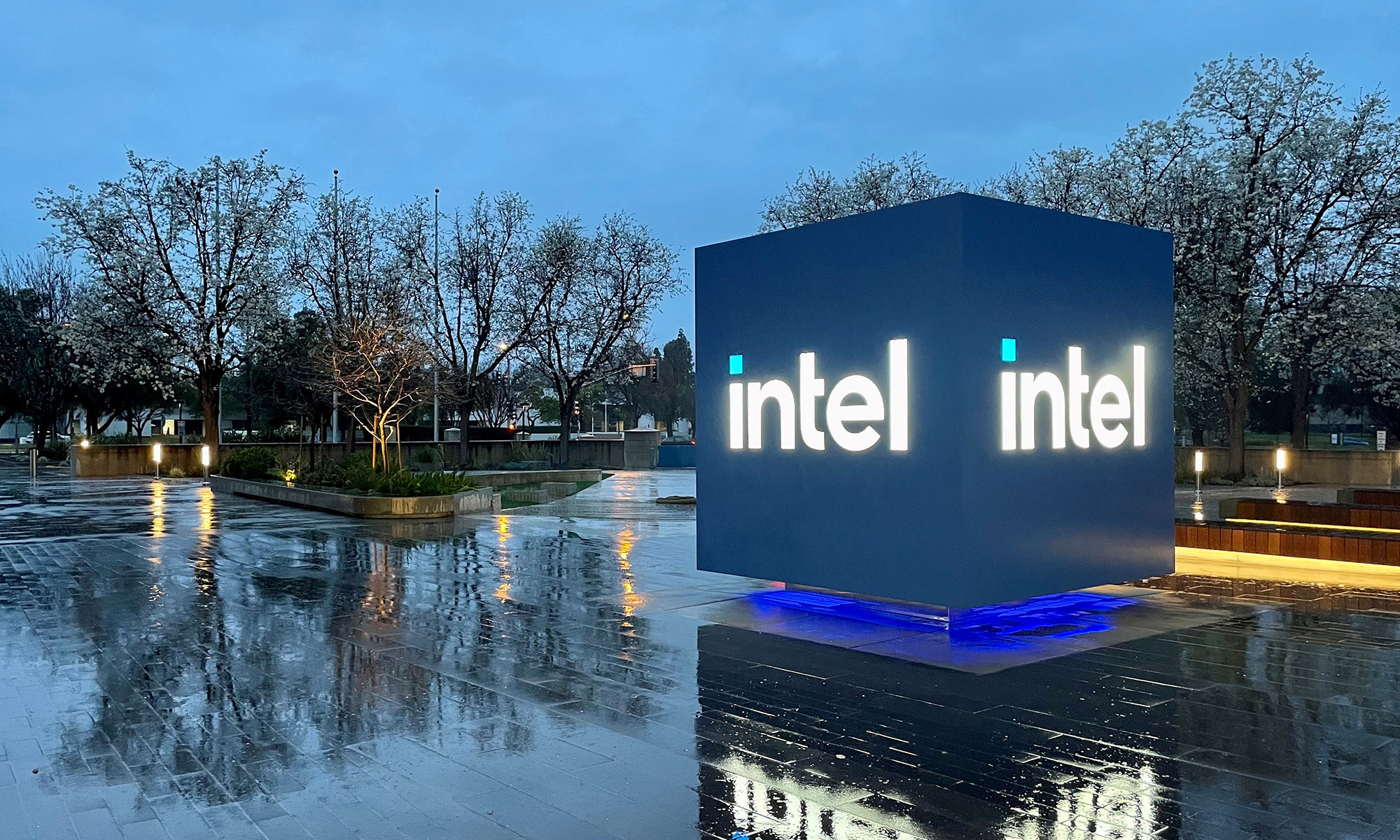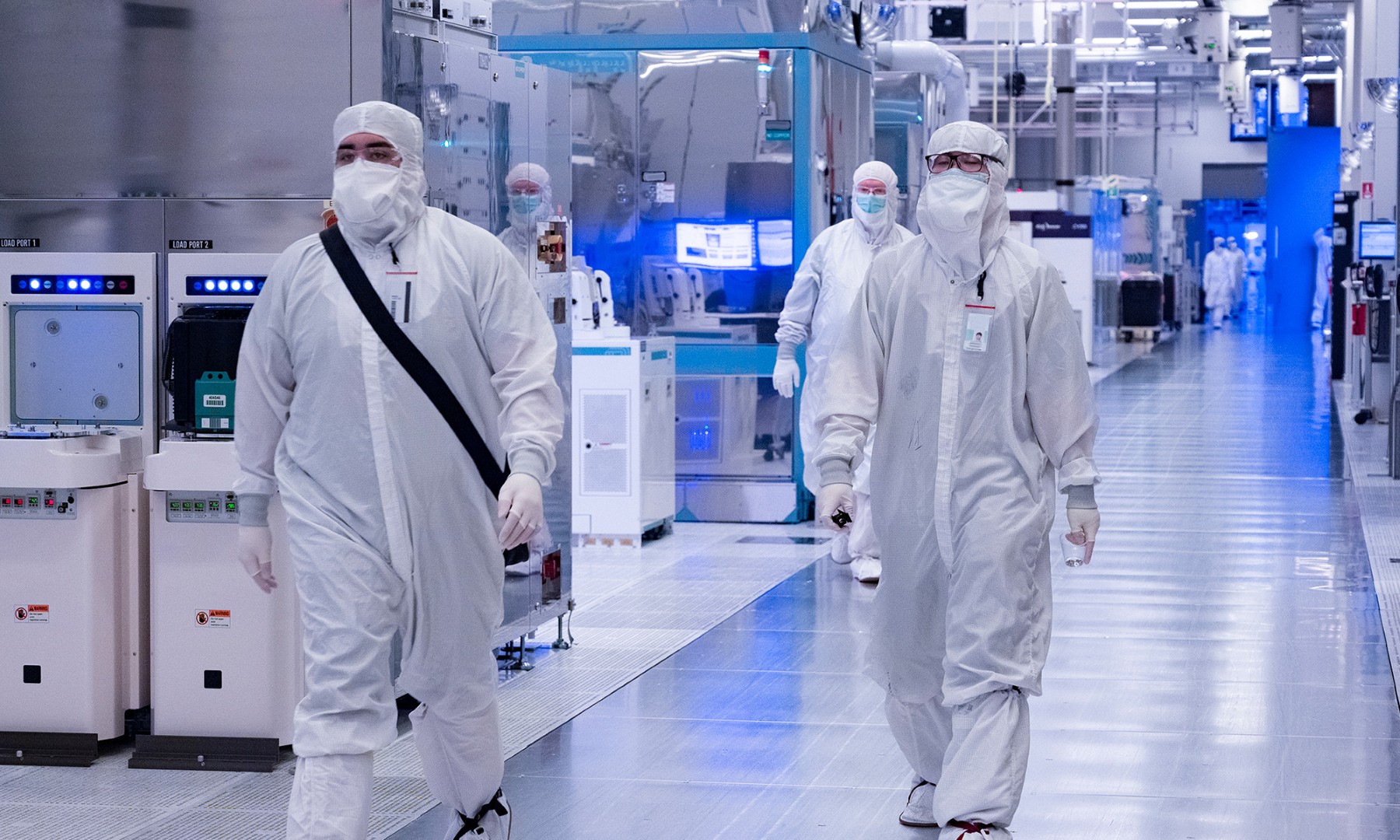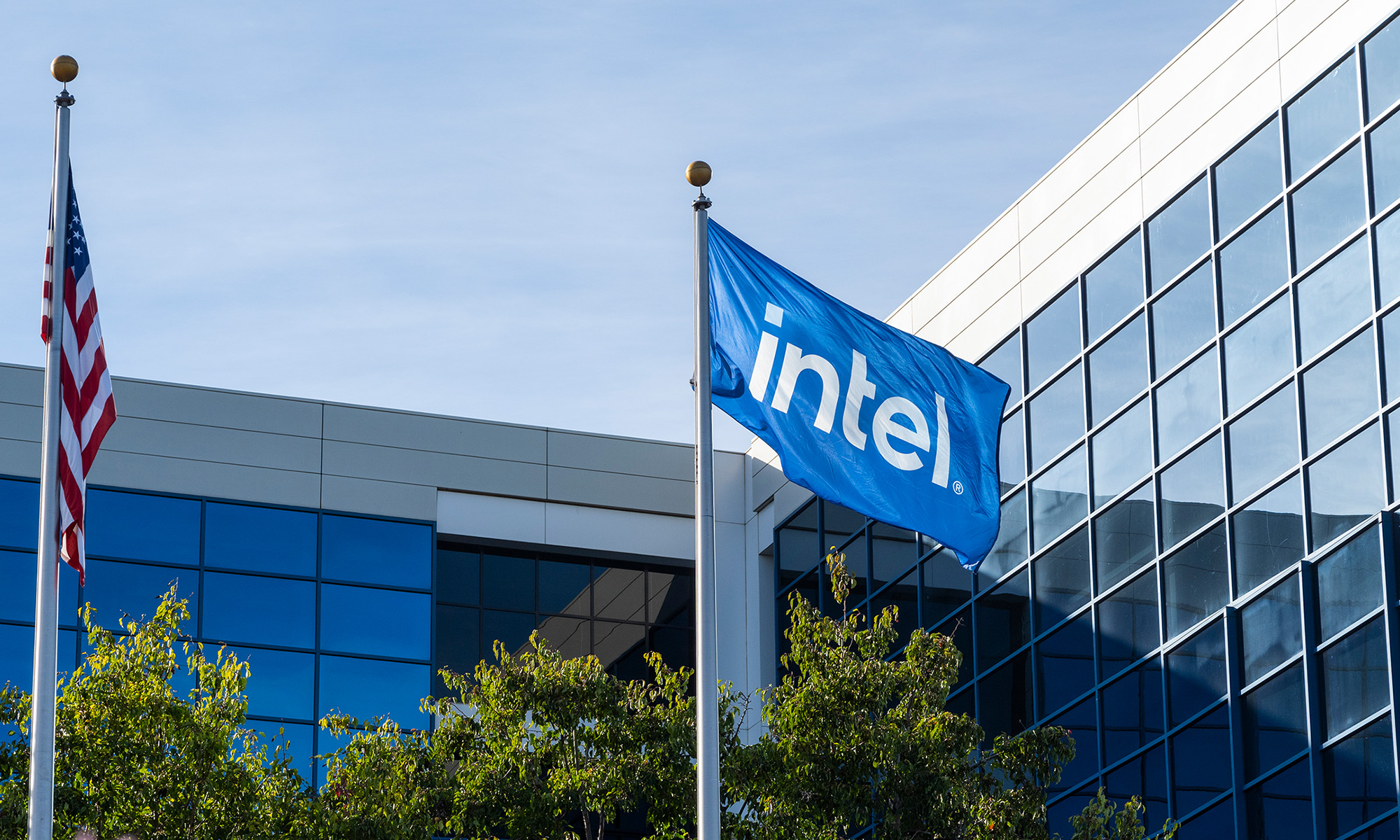Intel (INTC +3.35%) made a run at the artificial intelligence (AI) accelerator market with its Gaudi line of chips, which came with the company's $2 billion acquisition of Habana. Unlike the graphics processing units (GPUs) from Nvidia and AMD (AMD +0.04%), Gaudi featured a different type of architecture that excelled in certain workloads. While Gaudi 3 wasn't up to par with Nvidia's leading AI accelerators when it launched, Intel offered attractive pricing as a way to lure customers.
While Gaudi 3 won some high-profile customers, namely IBM for its watsonx platform, the chip was mostly a bust. Intel set a $500 million AI accelerator sales target for 2024, already a fraction of what Nvidia and AMD sell annually, and failed to meet it. While Gaudi's pricing was attractive, an immature software ecosystem, an unfamiliar architecture, and a complicated roadmap from Intel conspired to keep customers away.

Image source: Getty Images.
Intel later abandoned Falcon Shores, which was expected to be a traditional GPU that integrated some of Gaudi's features and was set to launch in 2025. Falcon Shores will no longer be a commercial product, and the new plan is to use its successor, Jaguar Shores, as the base for rack-scale AI solutions. This strategy makes sense. As AI infrastructure companies scale up data centers to include more densely packed accelerators, rack-scale solutions, which integrate GPUs, central processing units (CPUs), and other hardware across an entire server rack, can help solve thorny problems that are holding GPU clusters back.
Intel could be very late to the party
Essentially nothing is known about what Intel's rack-scale solutions are going to look like. With CEO Lip-Bu Tan taking over just a few months ago and ready to shake up the struggling company, it's not even clear whether Intel's AI strategy will change again. Tan installed a new chief technology officer (CTO) and AI chief in April who's in charge of Intel's overall AI strategy and product roadmap.
Jaguar Shores almost certainly won't be ready until 2026, so any rack-scale solutions likely won't be either. Given all the changes going on at Intel, including upcoming layoffs meant to streamline the company, it could take Intel quite some time to land on a viable AI strategy and actually get competitive products and solutions to market. Meanwhile, competitor AMD is firing on all cylinders.
AMD announced its next-generation Helios rack-scale AI solution earlier this month. Set for a 2026 launch alongside its powerful MI400 AI accelerator family, AMD plans to combine up to 72 GPUs with Venice EPYC CPUs that feature as many as 256 cores each, all tied together with UALink, an open interconnect standard. Helios will also feature AMD's Volcano AI networking cards from Pensando, which AMD acquired in 2022. These high-throughput network interface cards (NICs) will help with data transfer across large-scale AI deployments.
AMD already has Oracle as a customer for its current rack-scale solution, which features the company's MI355X GPUs. Additionally, OpenAI is planning to use AMD's upcoming MI400 chips, according to CEO Sam Altman. While AMD remains in a distant second place behind Nvidia in the AI chip market, interest in its solutions seems to be picking up.
By the time Intel manages to launch rack-scale AI solutions of its own, AMD may already have gained a significant foothold. That will make Intel's job harder as it tries to land on an AI strategy that works.

NASDAQ: INTC
Key Data Points
Intel could still win in AI
While Intel is struggling to build an AI chip business of its own, the company's foundry business could ultimately be a major beneficiary of the AI chip boom. The Intel 18A process is going into volume production later this year, and the company's advanced packaging technology is getting plenty of interest from potential customers. In just a few years, Intel has staged an incredible comeback in manufacturing, closing the performance and efficiency gap with TSMC.
If AI chip demand continues to boom, Nvidia, AMD, and the slew of tech giants designing custom AI chips could all seriously consider Intel for manufacturing. While Intel has failed to make a dent in the AI chip market so far, its foundry business could still allow it to participate in the AI boom.









